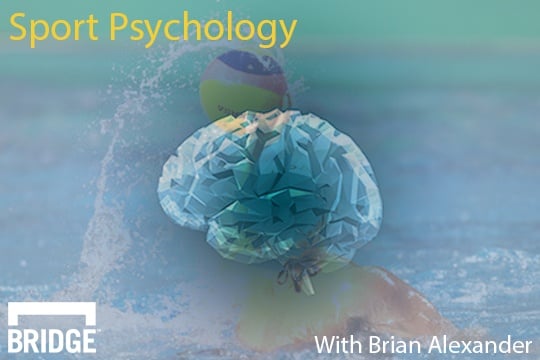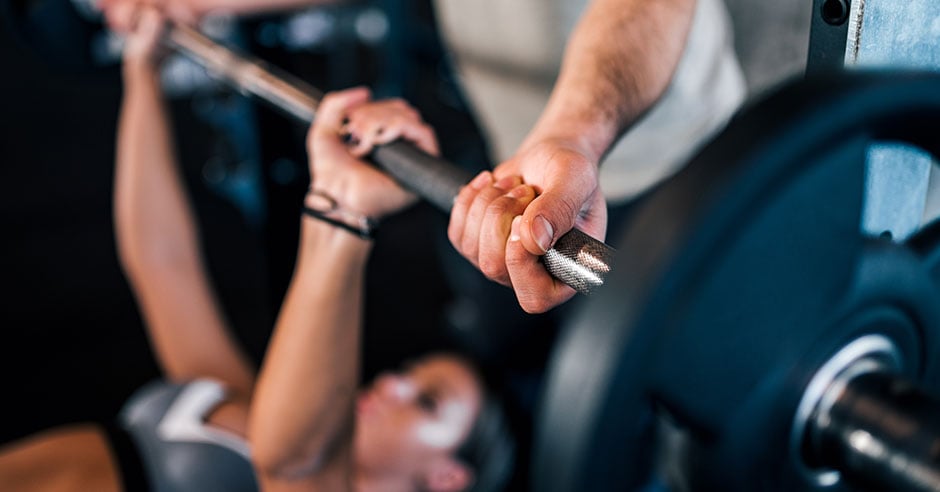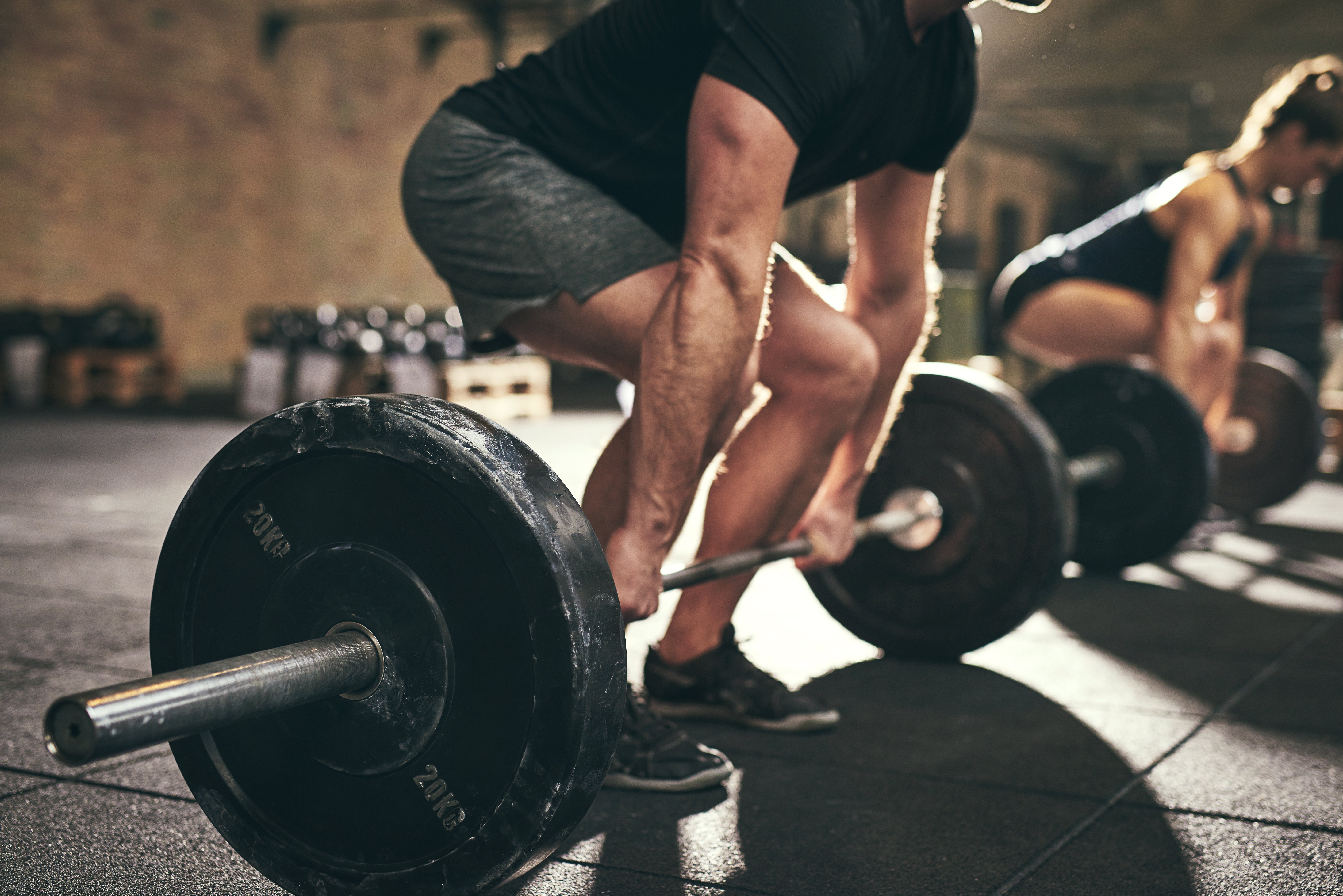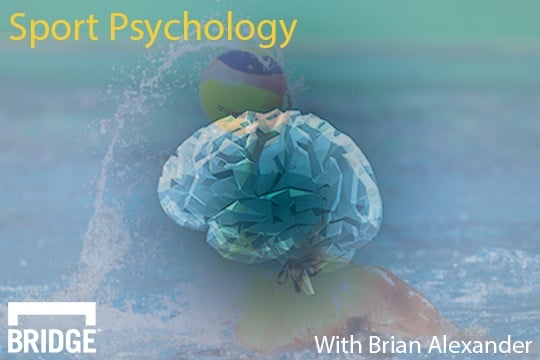Sports Science: The Skill of Reflecting on Performance

This month’s edition of Sports Psychology is a further look into the Learn Phase of the Learn, Plan, Perform Model introduced last month on the blog.
Imagine one of your past performances with as much vivid detail as possible. Now bring your concentration to the moment after the performance when you thought about how well you performed. What are the first few things you regularly think of after you have finished competing?
Typically when asked these questions right after a game or training session, athletes tend to allow their inner self critic to lead the conversation. Most find it easier to recount the few mistakes and failures they just made rather than all their successes. What is most alarming about this type of performance reflection is that they are training themselves to focus on flaws before praising their effort for what they know leads to success.
The objective of learning from your past performance is to find ways to improve in your sport. The reality in any human performance is that we will always make mistakes; there is always a margin of human error in every performance. Even scientists account for a probability of error up to 5% in their highly controlled experiments.[1] Since athletes know that mistakes will always occur to some degree, especially in highly uncontrolled environments such as sporting events, reflection should center on successful performances while also identifying areas for improvement.
The following written reflective practice is a system that is used by many elite level athletes across sports. Coaches and athletes can use this system to create improvement plans from their performance evaluations:
For team sport athletes: O/D - 3, 2, 1:
-O/D stands for offense and defense
-Start by writing/discussing 3 things you did very well for O/D separately
-Once you have reflected on those successes, write/discuss 2 things you could improve upon for O/D
-Finally and most importantly, write/discuss 1 key take-away skill or situation you will train or improve the next opportunity you have (i.e. game or training)
For individual sport athletes: 3 high, 2 low, 1 forward:
-Different than team sports as performance usually relates to a race or training set
-Start by writing/discussing 3 highlights that stood out for you from your event
-Next write/discuss 2 lowlights or areas for improvement from your event
-Finally and most importantly, write/discuss 1 lesson you will take forward with you from your event experience
Recap
When starting to systematically practice reflecting on performance, athletes may find it frustrating or difficult to identify more success than failure. It is another challenge to hold themselves to only two areas for improvement. However, as they hone this skill, athletes and coaches begin to pay attention to moments of success and proper execution, leading to elevated levels of self- and sport-confidence.
[1] The probability of error represents unknown variables that could have influenced the results in ways that were also unknown.
About the author: Brian Alexander is a mental skills coach who combines eight years of experience as an Olympic level water polo athlete, a master's degree in sport psychology, and business leadership training and coaching from The Ken Blanchard Companies to partner with athletes and performers of all ages and levels. "My passion is to empower others to succeed in life, athletics, performance, and daily activities. My personal mission statement is to be a genuine and honest leader who collaborates with and learns from others in order to find a mutual personal level of excellence physically, mentally, and spiritually."
Contact info for Brian Alexander:
Website: www.athletementalskillscoach.com
Twitter: @BA_POS_MIND
Facebook: Athlete Mental Skills Coach
LinkedIn: www.linkedin.com/in/brianalexander3
About the Author

At Bridge, we are all athletes and coaches first. As athletes, our team has experienced everything from riding the pine on JV, to winning NCAA championships, to competing in the Olympic Games. As coaches, we have helped countless athletes reach their full potential, winning everything from age group section championships to Olympic Gold Medals.
Related Posts

The Best Bench Press Variation You’re...
This post is part of our Coaches Corner series with Taylor Rimmer. Taylor is NSCA-CPT, StrongFirst...

Does Powerlifting Harm Heart Health?
A recent study has discovered that a 12-week supervised strength training program (SSTP) may result...
-1.png)
Barefoot Running: Is It For You? |...
Run Free: Consider Less Cushion
Updated October 2020:
With more athletes looking for ways to...


